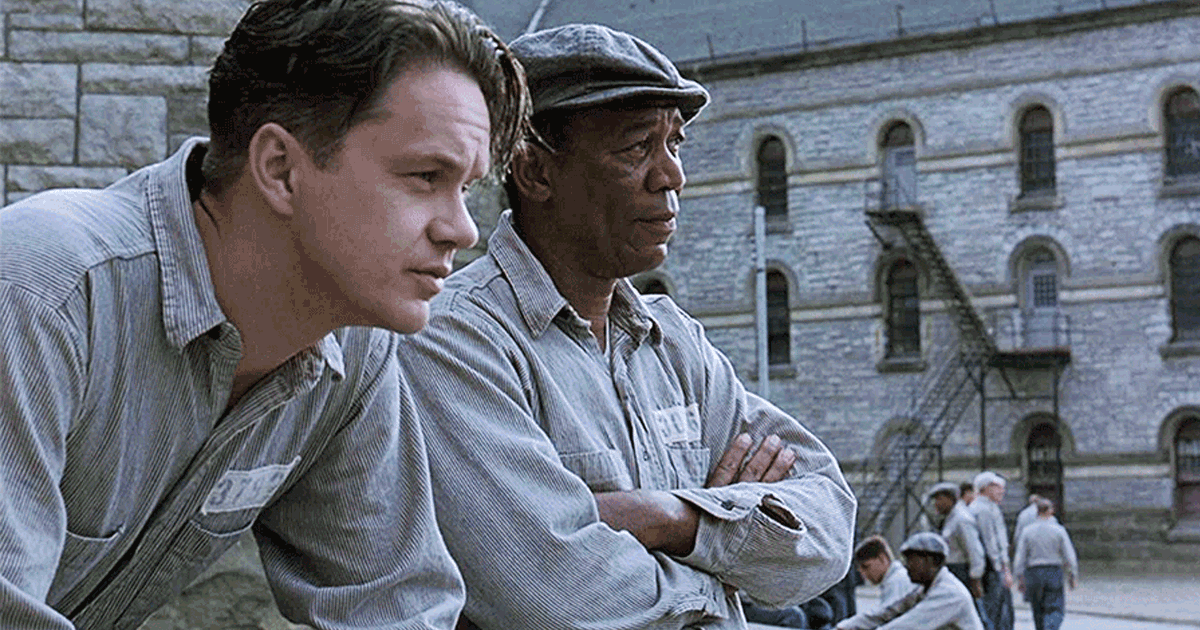Pursuing custody a child who isn’t yours, seems like a tall order; but when you consider the facts of a recent Minnesota case that was upheld on appeal, it’s apparent that the law exists to protect a child’s need to be nurtured and supported.
In a recent Minnesota case, a child born to unmarried parents in Freetown, Sierra Leone, came to live in Minnesota with his grandmother. After visiting her grandson, the boy’s parents agreed that grandmother could return to Minnesota with the child.
And so the child lived here with his grandmother for 3 years. The grandmother provided the child with all of his needs (shelter, food, clothing, education, activities) without help from the father. After 3 years, the father, who lived in Georgia and had little contact with the child, tried to revoke the temporary custody agreement. The grandmother countered with a request to take custody of the child, through a process called a ‘de facto custody’ petition under Minn. Stat. 257C.03, subd. 6.
To get custody rights as a ‘de facto custodian’, a party must demonstrate by a preponderance of the evidence that it is in the child’s best interests to be in the person’s custody. Minn. Stat. §257C.03, subd. 6.
And to establish that someone is a ‘de facto custodian’, a party must demonstrate by clear and convincing evidence that:
The person has been the child’s primary caretaker without a parent present and with a lack of demonstrated, consistent participation by a parent for a period of one year or more.
Minn. Stat. § 257C.01, subd. 2(a)(2), (c)
Once the person has met their burden of showing that they are the ‘primary caretaker’ and that there has been a ‘lack of demonstrated, consistent participation by a parent for at least one year’, the court then considers the ‘best interest’ factors to determine whether by a preponderance of the evidence, it is in the child’s best interests to remain in that person’s custody. The ‘best interest’ factors include:
- the wishes of the party or parties as to custody;
- the reasonable preference of the child, if the court deems the child to be of sufficient age to express preference;
- the child’s primary caretaker;
- the intimacy of the relationship between each party and the child;
- the interaction and interrelationship of the child with a party or parties . . . ;
- the child’s adjustment to home, school, and community;
- the length of time the child has lived in a stable, satisfactory environment and the desirability of maintaining continuity;
- the permanence, as a family unit, of the existing or proposed custodial home;
- the mental and physical health of all individuals involved . . . ;
- the capacity and disposition of the parties to give the child love, affection, and guidance, and to continue educating and raising the child in the child’s culture and religion or creed, if any;
- the child’s cultural background
Minn. Stat. § 257C.04, subd. 1(a)(1)-(11).
In the case involving the child from Sierra Leone, the Court held a two day trial to analyze all factors. The Court heard testimony from the grandmother, the father, neighbors, and relatives, who spoke of the care that the child had received from the grandmother, and the quality of life that the child had been provided by the grandmother. Conversely, the Court heard testimony from the father that he had purposely not contacted the child while he was in the grandmother’s care, and, made efforts to interfere with the child’s therapy and schooling.
After considering the definition of ‘de facto custodian’, the ‘best interest’ factors, and listening to two days of evidence about the child’s circumstances, it wasn’t a hard decision for the court to make, in deciding that the child should stay with his grandmother. The grandmother was awarded custody of the child.
If ever you have questions about pursuing custody rights to a child who is in your care, but not yours, consider these steps to become a ‘de facto custodian’.
Contact Beyer & Simonson
If you are facing divorce and any of the divorce-related issues such as spousal maintenance, child support, child custody, property division, or domestic abuse matters, you need our experienced Minneapolis divorce attorneys to help you. Contact Beyer & Simonson in Edina, Minnesota today at (952) 303-6007.



